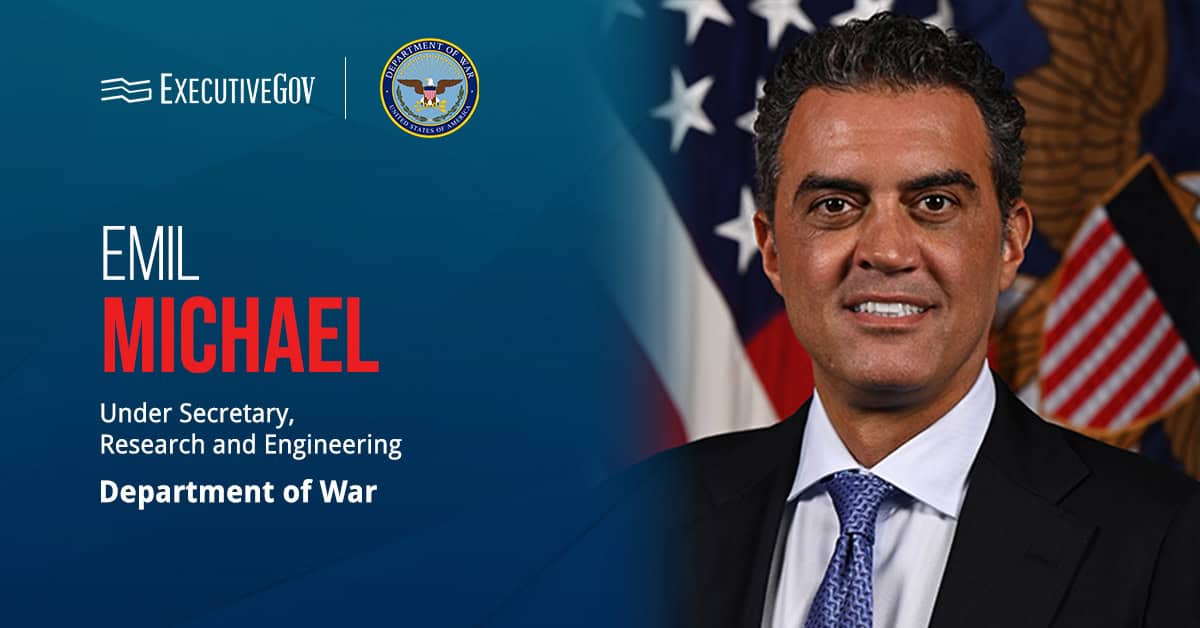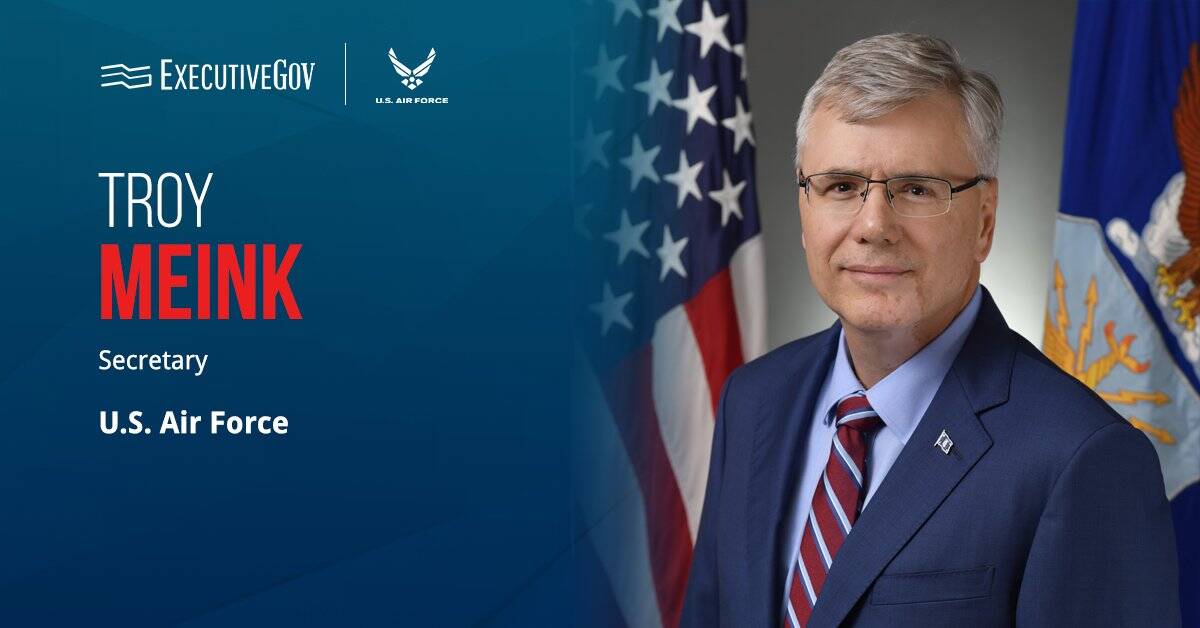
The Federal Communications Commission unveiled an optional authorization process for small commercial satellite systems with certain characteristics. Operators of satellites that have a wet mass of not more than 396.8 pounds and are built to remain in orbit for a short time period will be eligible to skip the licesing process, FCC said Thursday.
The optional process, which falls under Part 25 of agency regulations, will also apply to smallsats designed to have low space debris and spectrum interference risks. FCC also introduced an application fee category for companies that want to obtain a license or enter the smallsat market in the U.S.
The commission said such systems work to support research, communications, remote sensing and scientific missions.





